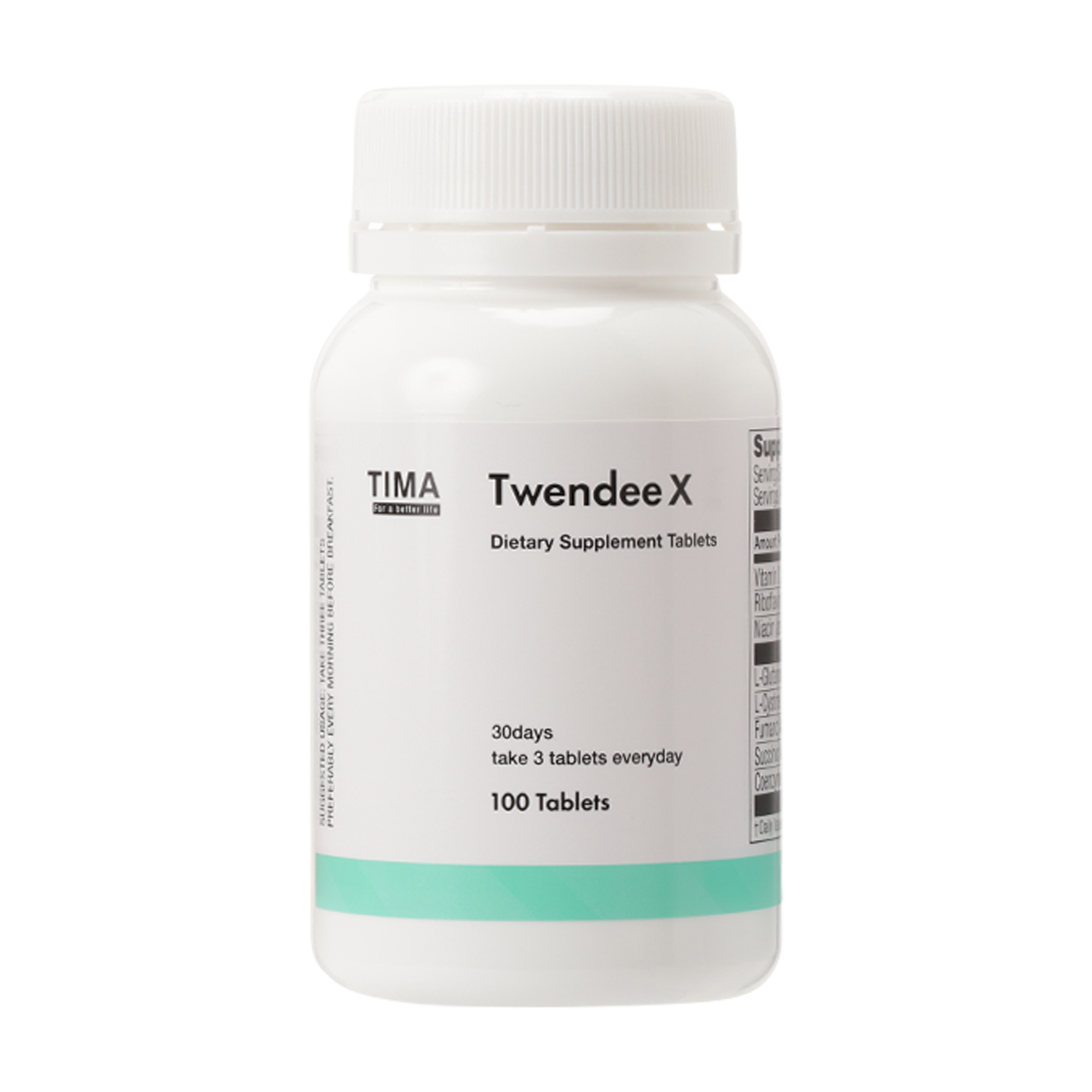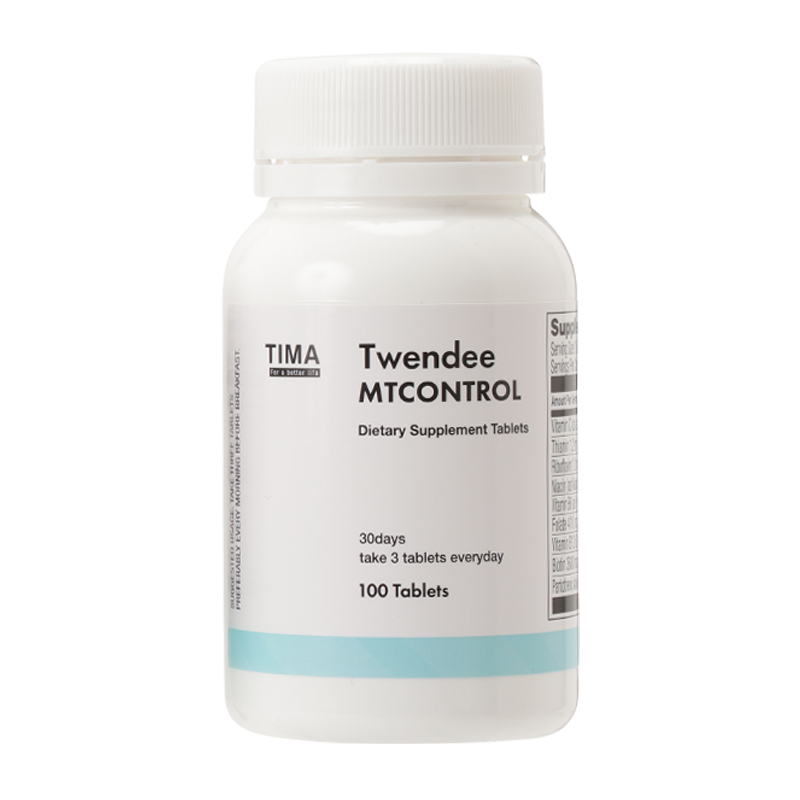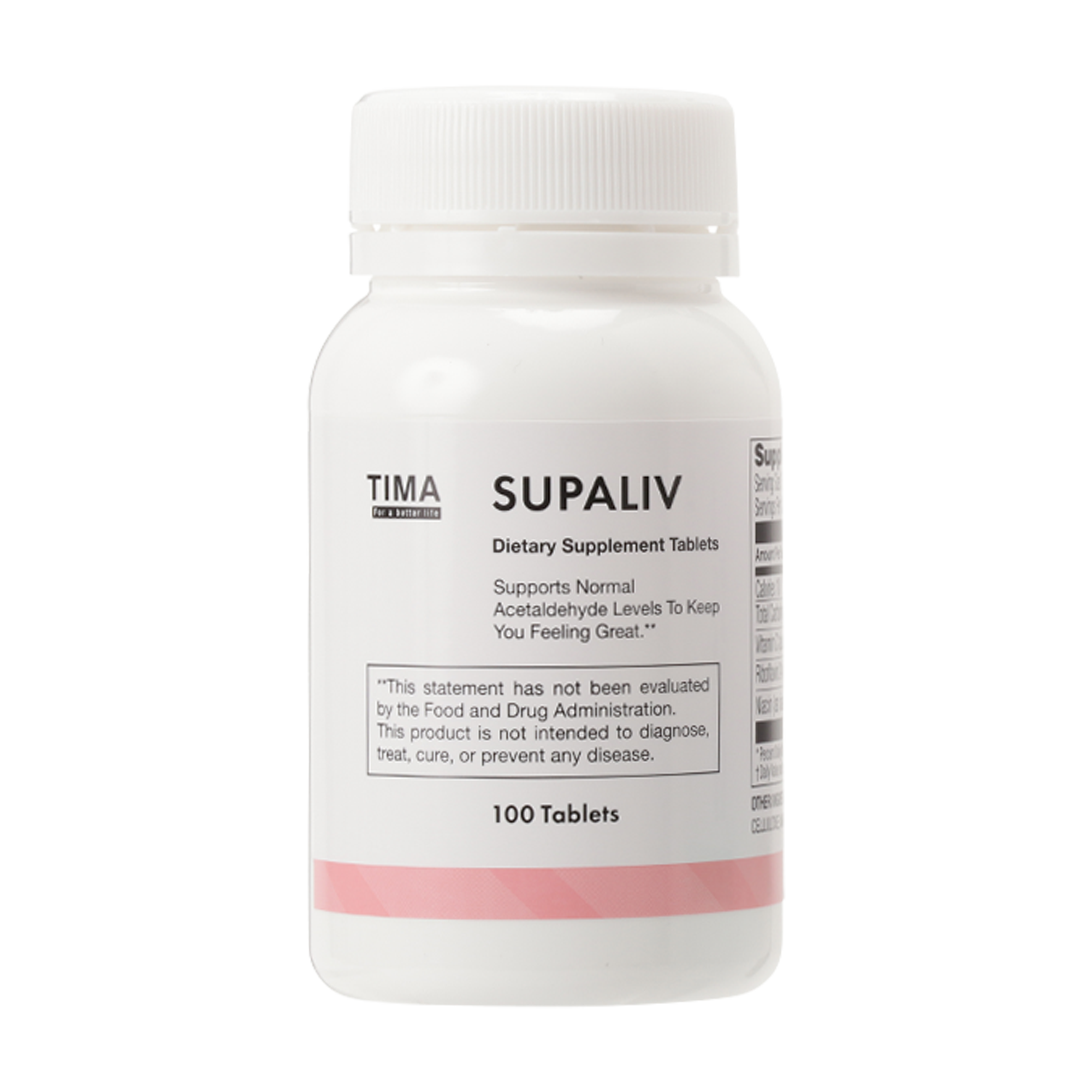Thesis on Oxidative Stress and "gastric ulcer"
- Paper title
- Gastric glutathione depletion and acute ulcerogenesis by diethylmaleate given subcutaneously to rats.
- Abstract summary
- Diethymaleate causes severe ulcerative lesions of the gastric lining in rats.
- Authors
- S C Boyd, H A Sasame, M R Boyd
- Journal
- Life sciences
- Semantic Scholar URL
- https://semanticscholar.org/paper/0a823656242cc7ac4c89d2700462255acd057993
- Abstract
-
Abstract The subcutaneous administration of diethylmaleate (DEM), a drug known previously to deplete liver glutathione (GSH), was shown in rats to cause a severe dose-dependent, rapid and persistent decrease in the glutathione content of the glandular gastric mucosa, a tissue that normally contains extraordinarily high concentrations of GSH. This effect of DEM was accompanied by the occurrence of severe ulcerative lesions of the gastric lining and sometimes also a marked gaseous inflation of the stomach. The acute ulcerative lesions appeared identical to those previously shown to be induced by a variety of physical and/or behavioral stressors in rodents. At least one ulcerogenic experimental stressor (cold-restraint) has been shown previously to lower gastric GSH. Also, a pretreatment (i.e., starvation) that decreases gastric GSH enhances both stress-induced ulcerogenesis and DEM-induced ulcerogenesis. These studies suggest that a possible role for GSH in maintaining the normal homeostasis and integrity of the gastric mucosa should be considered.








